96791 Laminated mudstone
Collection:
Leicester
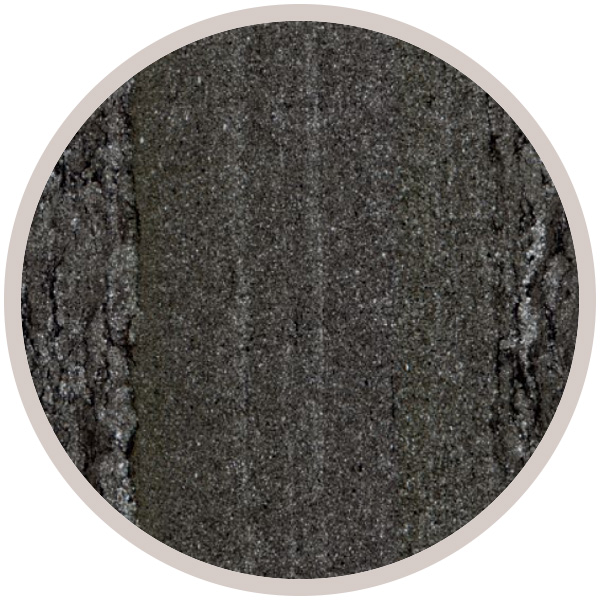
Click the microscope button to view a
thin section for this sample.
MicroscopeClick the microscope button to view a thin section for this sample.
MicroscopeFact sheet
96791 Laminated mudstone
About this collection
This collection of virtual thin sections is the result of a collaboration between earth scientists at Leicester University and The Open University. The collection consists of 135 slides from the Leicester teaching collection, including igneous, metamorphic and sedimentary rocks.
UNDER CONSTRUCTION! This Collection is currently under development, so you may notice reduced functionality as new samples are brought online.
Sample details
Collection: Leicester
Type
sedimentary
We would like to thank the following for the use of this sample:
More from this collection
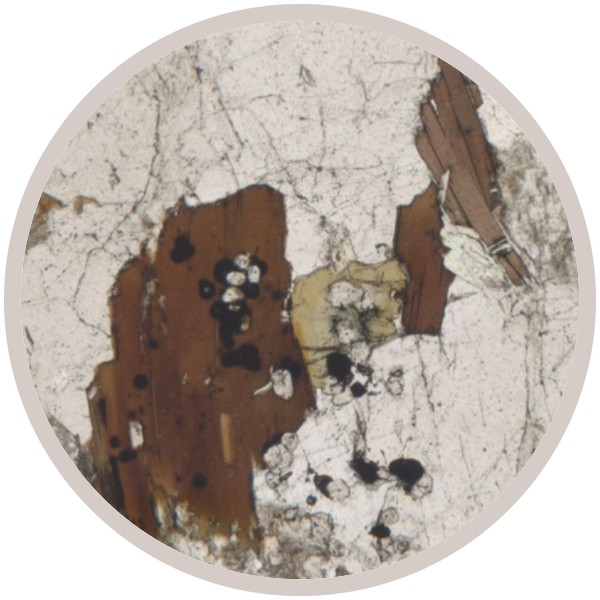
Specimen
CORN011B
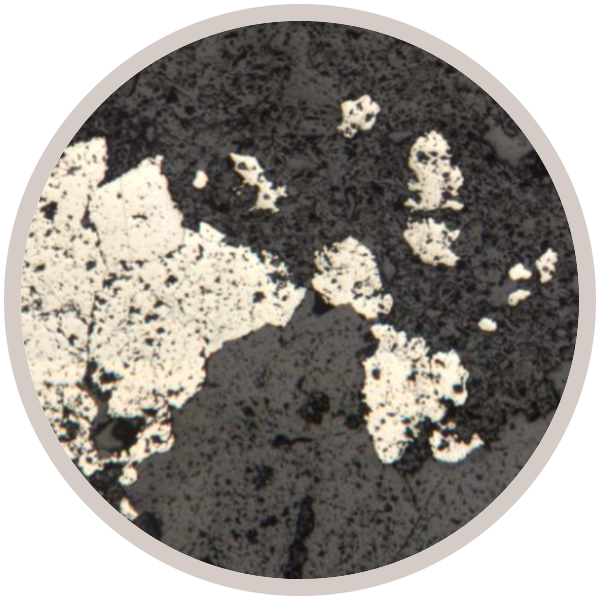
Specimen
CORN009
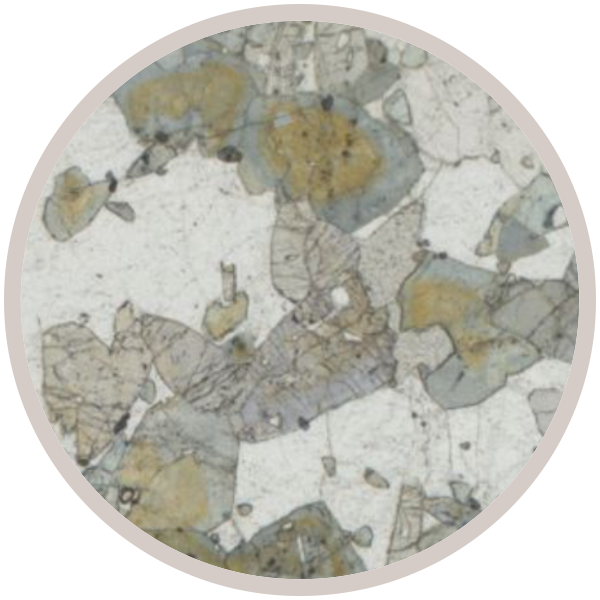
Specimen
CORN008
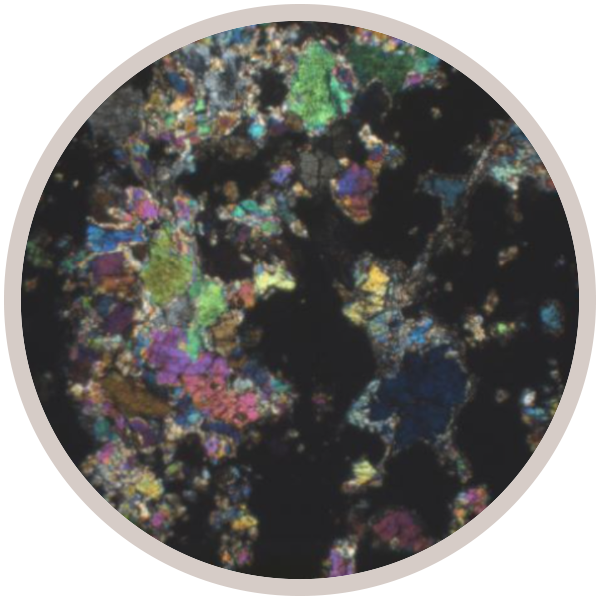
Specimen
CORN002
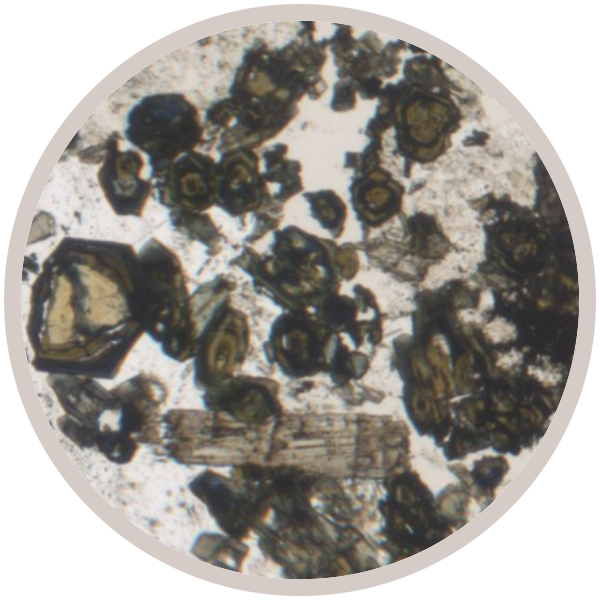
Specimen
21627 15611/3
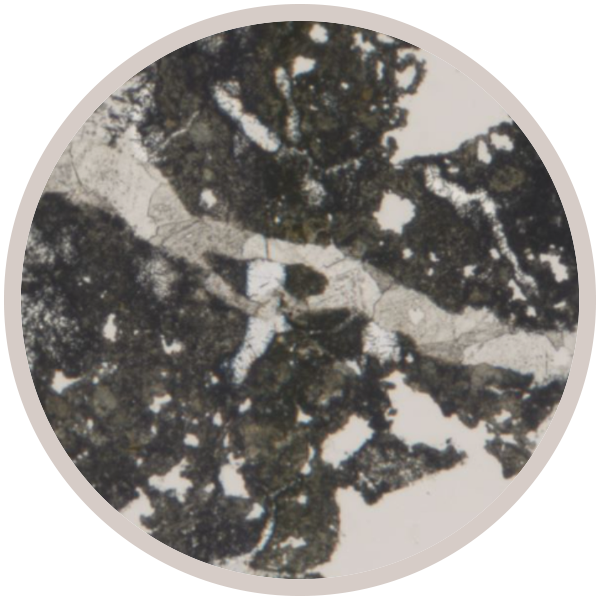
Specimen
21621 1560/7